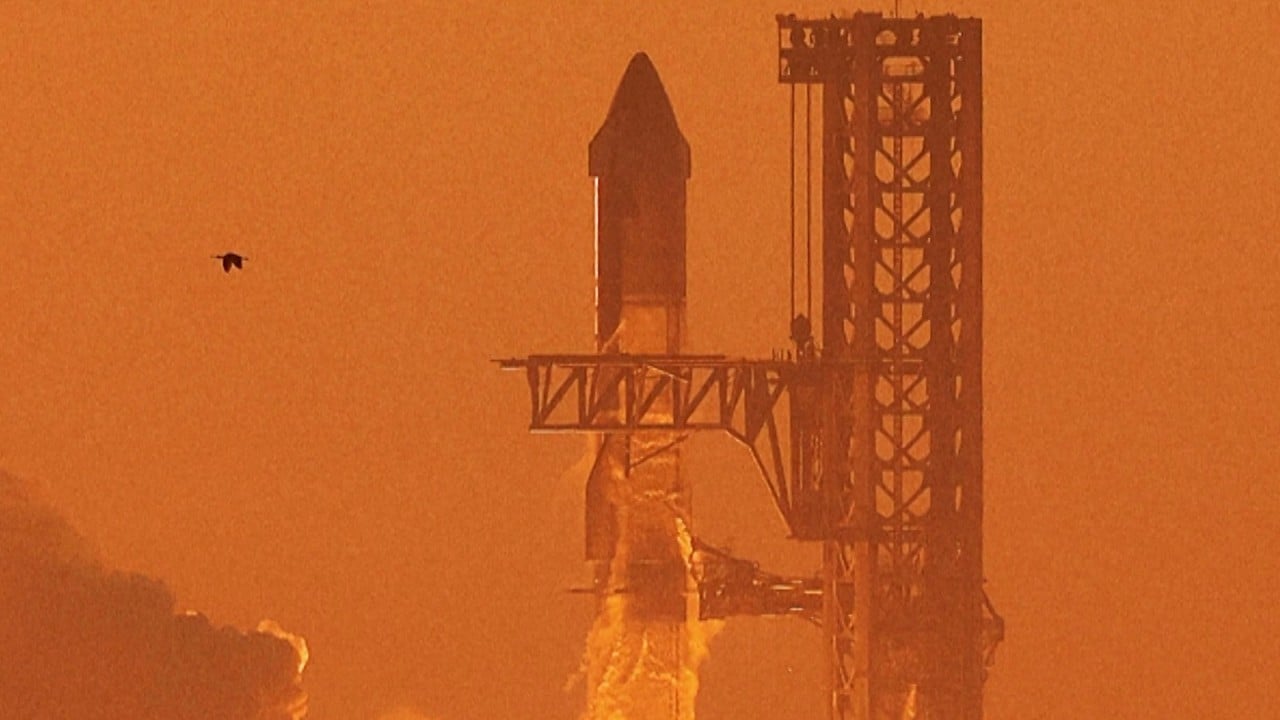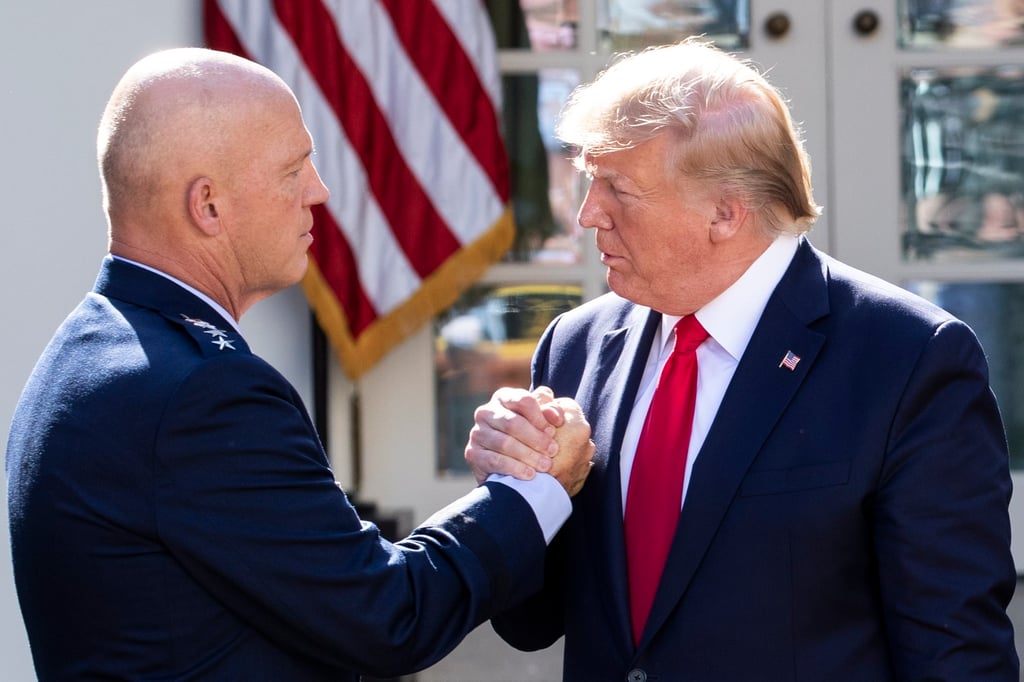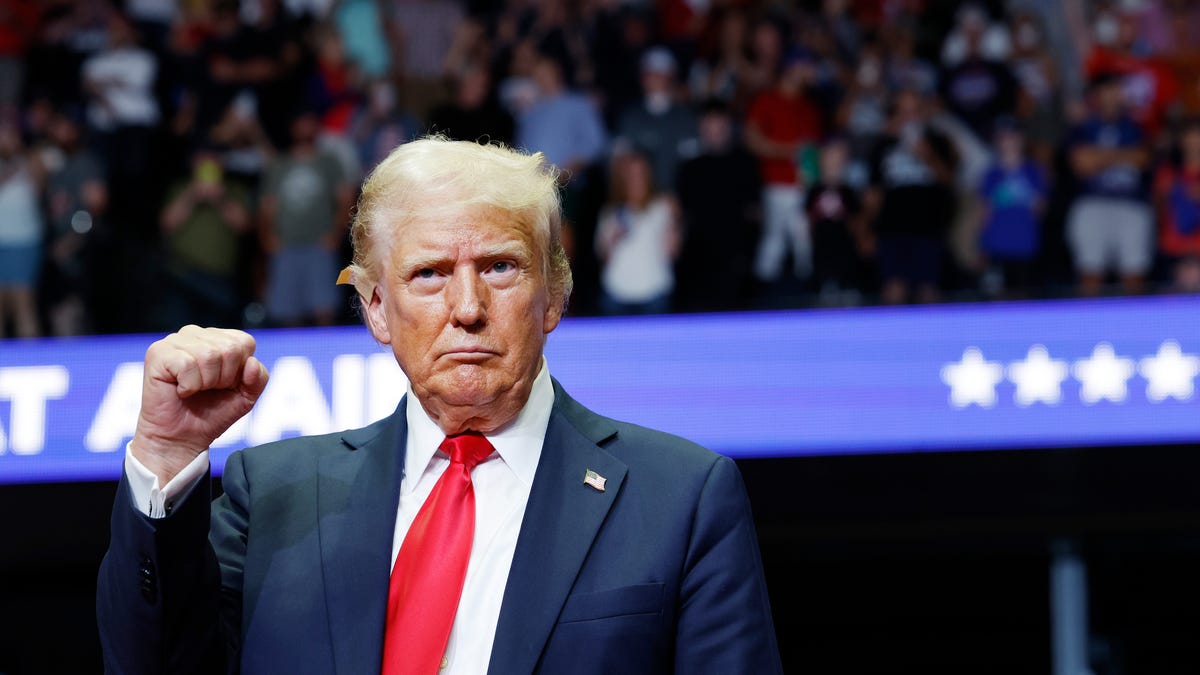
Elon Musk, the enigmatic CEO of SpaceX and Tesla, made headlines in July 2024 when he endorsed former President Donald Trump's re-election campaign. This unexpected move raised questions about the potential implications for various industries and policy areas. Let's delve into this intriguing story by examining the facts from multiple sources.
First, Musk's endorsement of Trump came amidst a tumultuous political climate. The relationship between Trump and Musk has been characterized by shared interests in space exploration and business deregulation. However, it is essential to note that China plays a significant role in both men's lives – for Musk as a crucial market for his businesses, particularly Tesla, and for Trump due to geopolitical tensions.
Musk's endorsement could potentially influence US space policy if Trump is re-elected. Both men advocate for ambitious space exploration missions, such as human missions to the moon and Mars. Musk's support may prioritize funding and resources for these initiatives, which could escalate the ongoing space race with China.
However, Tesla's financial situation might have also played a role in Musk's decision. The electric vehicle market has seen intense competition, leading to price cuts from major players like Tesla. Musk expressed support for Trump's potential repeal of the Inflation Reduction Act (IRA), which could benefit Tesla by reducing regulatory pressures and incentives for competitors.
Despite these potential benefits, Musk's political stance has faced criticism. Some analysts argue that his actions are hurting Tesla, particularly among liberal-leaning customers. Additionally, Trump's stance on EV subsidies could negatively impact the industry if he is re-elected.
In conclusion, Elon Musk's endorsement of Donald Trump has significant implications for various industries and policy areas. As the story unfolds, it is crucial to remain informed about these developments and consider multiple perspectives to gain a comprehensive understanding of this complex situation.



